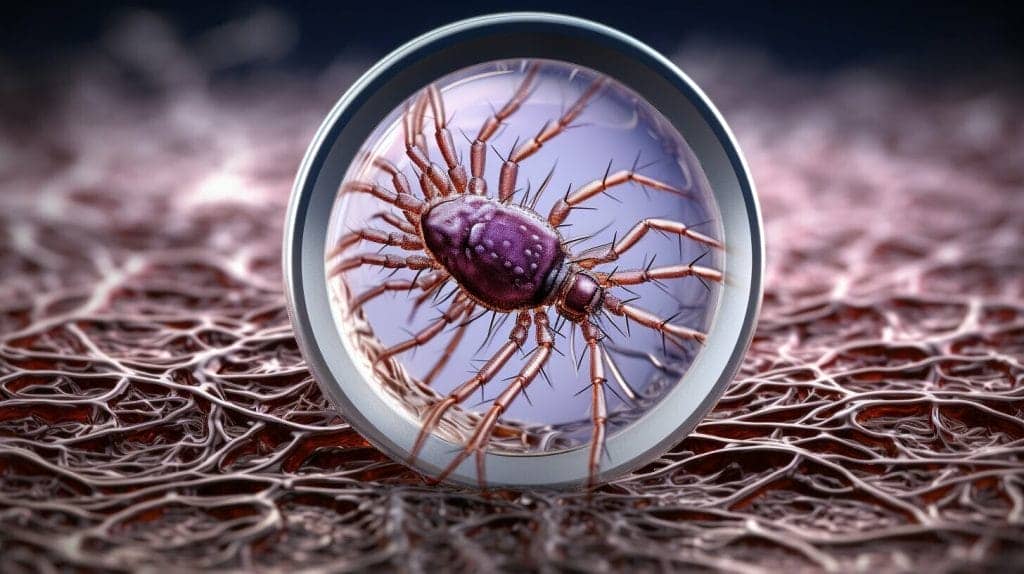“Explore the connection between Lyme disease and hair loss in our comprehensive guide. Learn about the impact of Lyme disease on hair health, symptoms to watch for, and strategies for managing hair loss effectively.”
Introduction
Lyme disease, transmitted through ticks, is a complex illness that can affect various parts of the body. One less commonly discussed but significant aspect of Lyme disease is its impact on hair health. In this blog post, we’ll delve into how Lyme disease can lead to hair loss, the underlying mechanisms, and strategies to manage and treat this side effect.
Understanding Lyme Disease and Hair Loss
What is Lyme Disease?
Lyme disease is caused by the bacterium Borrelia burgdorferi, which is transmitted to humans through tick bites. It typically begins with symptoms such as fever, headache, and a characteristic bullseye rash. If left untreated, it can lead to more severe complications, including neurological and cardiac issues.
The Link Between Lyme Disease and Hair Loss
While hair loss is not the most common symptom of Lyme disease, it is a concern for some patients. The relationship between Lyme disease and hair loss involves several factors:
- Immune Response: Lyme disease can trigger an autoimmune response where the body mistakenly attacks its own tissues, including hair follicles, leading to hair thinning or loss.
- Stress and Illness: Chronic illness and the stress associated with Lyme disease can contribute to hair loss. The body’s response to prolonged stress can disrupt normal hair growth cycles.
- Nutritional Deficiencies: Lyme disease can affect the digestive system, potentially leading to nutritional deficiencies that impact hair health.

Symptoms of Hair Loss in Lyme Disease
- Thinning Hair: Gradual thinning of the hair, particularly noticeable on the scalp.
- Patchy Hair Loss: In some cases, hair loss may occur in small, round patches.
- Scalp Sensitivity: Some individuals may experience a sensitive or irritated scalp.
Managing and Treating Hair Loss from Lyme Disease
Consult a Healthcare Professional
Before starting any treatment, it’s essential to consult with a healthcare provider. They can help determine whether Lyme disease is the underlying cause of hair loss and suggest appropriate treatment options.
Effective Treatments and Strategies
- Antibiotic Treatment: Addressing the root cause of Lyme disease with antibiotics prescribed by a healthcare provider may help alleviate related symptoms, including hair loss.
- Nutritional Support: Ensuring a balanced diet rich in essential nutrients can support overall hair health. Consider supplements if deficiencies are identified.
- Stress Management: Techniques such as meditation, yoga, and therapy can help manage stress, which may positively impact hair health.
- Topical Treatments: Using hair growth treatments and conditioners designed to strengthen hair and soothe the scalp may be beneficial.
Preventing Hair Loss Associated with Lyme Disease
Early Diagnosis and Treatment
Prompt diagnosis and treatment of Lyme disease can reduce the risk of severe symptoms and complications, including hair loss.
Healthy Lifestyle Choices
Maintaining a healthy lifestyle with a balanced diet, regular exercise, and good stress management practices can support overall well-being and hair health.

Conclusion
Hair loss associated with Lyme disease is a multifaceted issue involving immune response, stress, and nutritional factors. By understanding the connection between Lyme disease and hair loss, and implementing appropriate treatment and management strategies, individuals can work towards maintaining healthy hair despite the challenges of Lyme disease.
